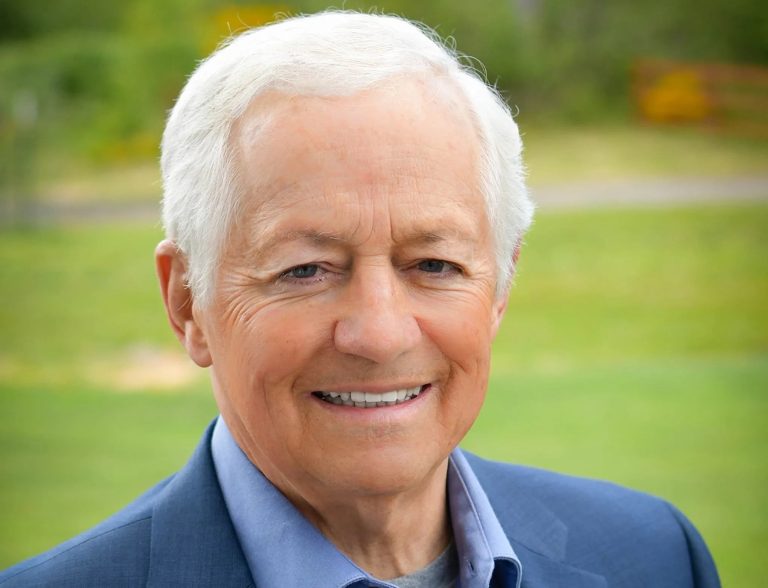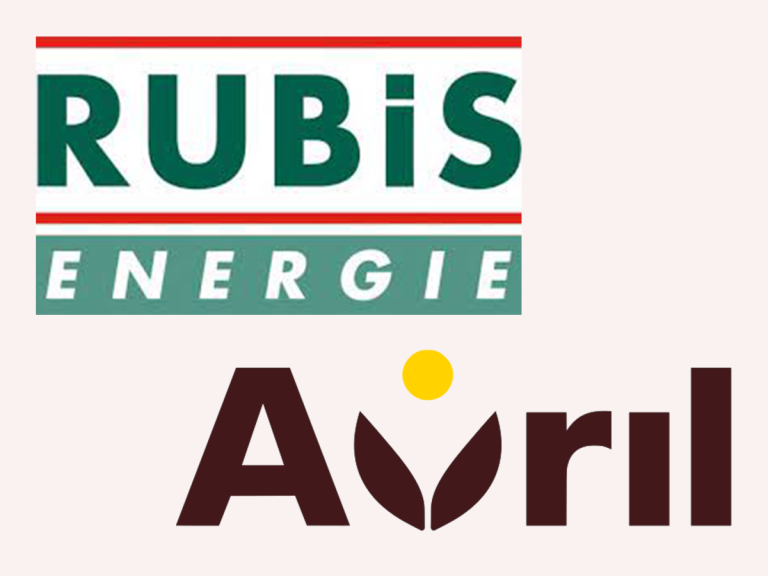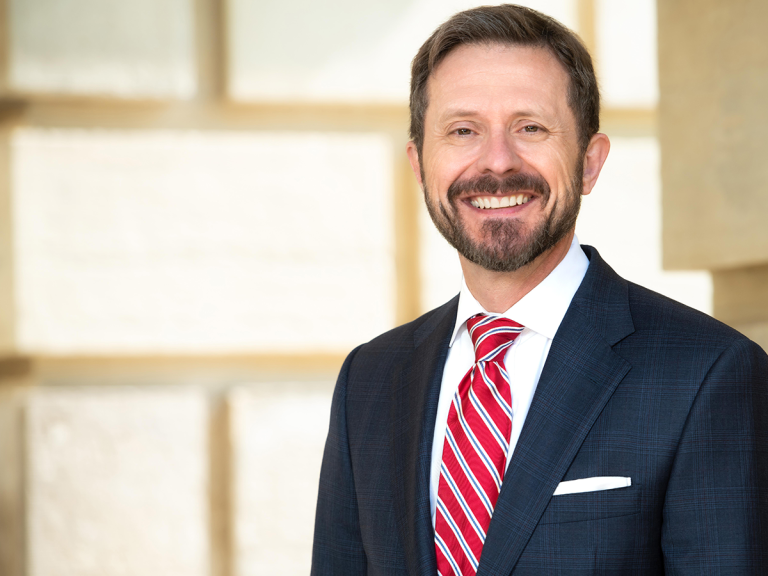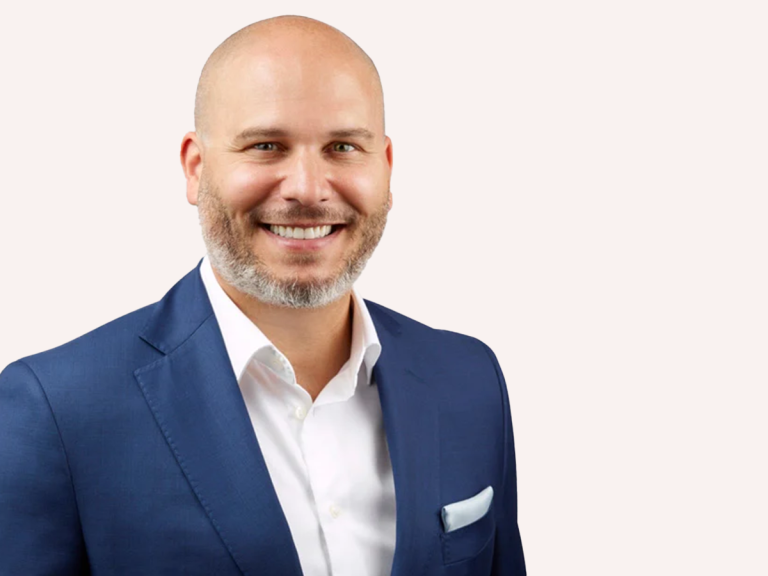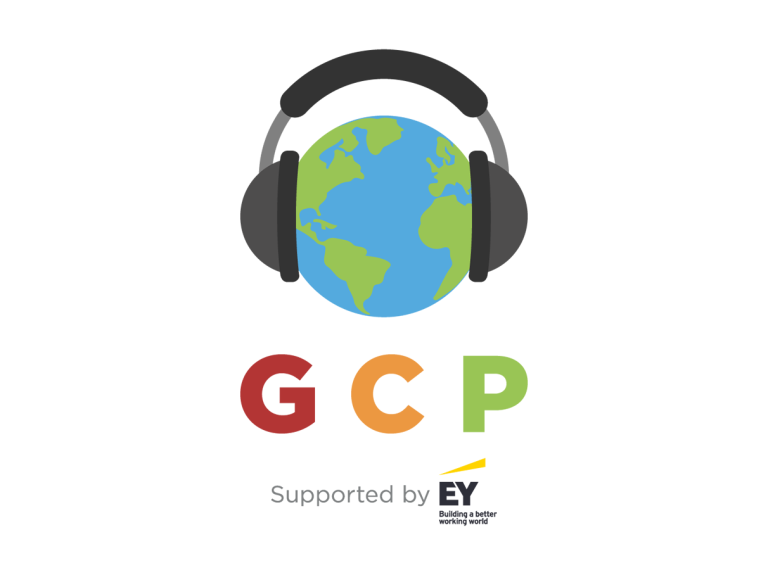- Market softening after some saw PI rate increases of 300%
- Guernsey has seen several PI captives established over the past five years
- Well managed PI often profitable and helps diversify a captive’s portfolio
- Captives often play in primary layer for best risk-reward ratio
The use of alternative risk financing methods such as self-insured retentions and captives to write professional indemnity increased in popularity as a result of the recent hard market.
Those who buy professional indemnity insurance are generally in professions that offer legal or financial advice, design work or specification, and represent a diverse range of sectors.
The ‘Big Four’ accounting firms, as well as the largest brokers, have long owned multiple, large captives financing sizable books of professional indemnity businesses, but smaller firms, businesses and groups have increasingly turned to captives and other self-insurance solutions.
“Historically, it was the traditional professions, such as solicitors, accountants, surveyors, architects, engineers, and insurance brokers, who purchased professional indemnity cover,” Ben Waterton, executive director for financial and professional risks at Gallagher, told Captive Intelligence.
Subscribe to the Captive Intelligence newsletter to receive our FREE twice weekly updates with links to news, analysis and podcasts.
There are lots of hospital systems, particularly in the United States, that use captives to provide professional indemnity for medical malpractice.
Often captive owners will launch their captive to write traditional risks such as property before looking to diversify the portfolio by adding professional indemnity to the captive.
“A lot of time, contractors or other industries that have a professional liability arm to it will start a captive for their property or their medical benefits and then they think about what else they can put in,” Adam Miholic told Captive intelligence, speaking in his previous role as a captive consultant.
“We start digging into what their exposures are, and they realise they have a large professional liability exposure.”
The professional indemnity market had been in a prolonged hard market, resulting in a number of market exits.
“We lost over a dozen markets from late 2017 to 2021, and there were big corrections in rates,” Waterton said.
He added the rates needed correcting as there had been around 20 years of 5% or 10% compound premium savings offered to clients.
“It does not take an actuary to work out that sooner or later those rates are going to be underwater,” Waterton said.
Rate rises were not spread equally across the market, with those professions deemed a higher claims risk experiencing the biggest rate increases.
“If we look at what we call construction classes, so architects, engineers, and surveyors, in particular, they were additionally impacted by Grenfell and concerns around fire safety and planning, and 200% or 300% increases in that sector were not uncommon,” Waterton said.
Other professions such as accountants or lawyers have policy wordings that are heavily prescribed by the regulatory bodies and their rates did not spike as much during the hard market.
“The non-construction professionals did have rating increases, but I would say they were somewhere between the 15% to 20% range compound through that period,” Waterton said.
During this hard market period, there was an increase in the number companies looking for alternative risk transfer solutions such as self-insured retentions or captives.
“The other thing that was quite interesting during the hard market is the level of self-insured retention increased for some of these firms enormously,” Waterton added.
“They were then considering captives as a risk financing option for that self-insured retention, rather than retaining that on their balance sheets.”
Waterton said Gallagher has clients who have successfully had captives for a long time and the reason is they “just do not have claims”.
“Rather than spending all that money in the market, they choose to utilise a capture vehicle instead, and it’s made a lot of sense for them,” he said.
“Conversely, if a client starts getting punished by the market in terms of claims performance, then I have also got examples of that.”
Oliver Schofield, CEO at RISC CWC, told Captive Intelligence there were examples companies that simply said they cannot afford to pay the professional indemnity premium increases.
“The alternative to that is to think about setting up a captive whereby a company can retain the amount of risk they think is appropriate for their organisation, and then buy catastrophe protection from the commercial market,” he said. “That enables the business to continue to trade.”
For those companies with limited claims, professional indemnity insurance can be a profitable, long-tail risk which can ultimately be a beneficial addition that can help diversify a captive portfolio.
Andy Hulme, director of underwriting at Strategic Risk Solutions, told Captive Intelligence: “If someone has got real professional indemnity exposure and meaningful risks within the captive, they can charge an equitable premium for that, and if the management practices are woven into place, one would expect the professional indemnity loss ratio for smaller companies to be around the 40%-50% mark.
“Therefore, for an average organisation, it should be a profitable enterprise, and a positive contribution to a diversified insurance portfolio.”
Waterton said that in 2022 things got “remarkably easier” as the market began to see some “competitive tension” coming back, rates going down, and coverage returning.
“I would say we have been achieving rate reductions now for the better performing risks, since the early parts of 2022,” Waterton said.
Professional indemnity claims are often heavily linked to the macro-economic environment.
“When we enter periods of recession, economic contraction or instability generally, particularly around the property market, we see an increase in incidence of claims against professionals,” Waterton said.
“The property market in the UK feels like it is on a knife’s edge, and any issue in the residential property market will influence the surveyors and lawyers primarily.”
Schofield said he had received enquiries for utilising a captive for professional indemnity risk.
“We’ve done a number of deals for UK and EU based companies, and I would not be surprised if we are seeing a similar increase in demand in North America as well,” he said.
Captive structures
Schofield highlighted that most professional indemnity captives he had helped to launch in recent years have been cell formations.
“We have done a lot in Guernsey because if they have got a UK parent then Guernsey is a very logical place for them to have a cell, and the captive managers there have experience with having professional indemnity cells within their stable.”
In October 2020, financial services company deVere Group launched a single parent captive in Guernsey, White Knight Insurance Limited, with the hardening professional indemnity market pushing the company into the decision.
“The shock of the huge professional indemnity premium increases in some markets in 2019 helped focus our minds,” Peter Hobbs, chairman of deVere Group and its captive, said while speaking on GCP #45.
“As a group, we felt it was time to step in to protect both ourselves and our and our clients.”
Law firm Linklaters LLP formed a pure captive in Guernsey, Linklaters Insurance Limited, for professional indemnity insurance in 2020, while Captive Intelligence is aware of a private company that first formed a cell in Guernsey for PI and cyber, before transforming it into a pure captive this year.
Miholic said that he was not aware of many cell facilities that marketed solely for professional liability in the US.
“But depending on the sponsor, sometimes the cell captives, they are just single parent captives under a different structure,” Miholic added.
“Anything that you would put in your own single parent, you could also put in the cell, and naturally, if we are seeing an increase in professional indemnity in single parents, we are also going to see an increase in cells because they are very similar.”
Historically for medical professionals in the US there has been a lot of risk retention groups utilised for professional indemnity cover.
“Doctors and medical professionals still need professional liability, so a lot of our risk retention groups still do general liability and professional indemnity combined policies,” Miholic added.
There are challenges, however, to writing professional indemnity in a captive that companies should be aware of.
Miholic said one challenge is understanding the possibility of a “nuclear claim” and ensuring the captive is actuarially accounting for a very low severity and high frequency type of coverage.
“It is also understanding the regulatory compliance needs,” Miholic said. “For example, if a company needs fronting or if it has to be on rated paper.”
Hulme noted that a challenge for some coverages like professional indemnity when they become mandatory is understanding what the demand for insurance is going to be, and whether the captive can replace that.
“We also know particularly from a European perspective, that there’s so little fronting capacity that I must have seen a good dozen viable captives in the last six months to a year or so, where we just do not have a fronter to establish the captive, so they cannot operationally make it work,” he said.
Where the captive plays
Schofield said typically the captive plays in the primary layer of a tower as it looks to find the “balance point” between what the company is prepared to accept as their net risk, and what they would consider as appropriate premium for the catastrophe risk.
He said he has seen some clients who have a requirement from their regulatory body to have £10m professional indemnity cover then take the first million.
“Then rather than buying £9m X £1m, they might purchase a £7m X £1m, and then put the top £2m back into the captive,” Schofield said.
“Or they will still buy the £9m X £1m, but they will take a 10% quota share, so it is all about how they use their money in the most effective way to ensure they have got cover.”
Hulme said he is always reticent about having captives operate directly anywhere within a whole layer in a tower, and so if the captive is taking risk in a tower, he would rather it be behind a front.
“The reason for that is I think that this places additional pressure on the captive and uncertainty as to whether follow markets will truly follow the captive’s fortunes and recognise that a captive has paid out its limits appropriately,” he said.
Hulme said that on a quota share basis, it is easier to get past that consideration because the captive is following everybody else, but if they are sat wholly within a layer, “I think it can be difficult”.
“A captive’s sweet spot is certainly in the primary and normally you’d also be looking at some kind of deductible buy down or something similar, and I think that that works perfectly well,” he added.
Hulme also said that if a captive wants to play in the midpoint of a tower, the risk to reward ratio is generally not there.
“Therefore, I think it would be difficult to price the exposure and then there is a risk as to how you get the markets to properly follow,” he said.
“I think there’s concerns about going higher up the tower, but I think the first position or potentially the last excess position are the preferred spots.”


